| Date and Time: | Friday-Saturday, 5-6 March 2021; 9am-5pm |
| Venue: | Lecture: virtual (onsite option for CIHE members only) Lab (optional): onsite on any 2 evenings at 6:30-9:30pm on 5, 6, 8, 9 March |
| Organized and Sponsored by: | IEEE Hong Kong Section, IEEE Hong Kong Life-Member Affinity Group, Caritas Institute of Higher Education, UGC/IDS(R)11/19, Hong Kong Polytechnic University |
| Co-Sponsors and Technical Co-Sponsors: | Asia Pacific Association on Signal and Information Processing (APSIPA), TeleEye Founders’ Charity Foundation Ltd |
| Organizers: | Prof. H. Anthony Chan (FIEEE) and Dr. Paulina Chan (Chair, IEEE Hong Kong Section) |
| Chief Speaker: | Prof. Wan-Chi Siu, PhD, DIC, Life-FIEEE |
| Speakers: | Dr. Tina, Xueting Liu, Dr. Yingchao Zhao, Dr. Chengze Li, Dr. Zhisong Liu |
| Lecturer for Lab: | Dr. LI ChengZe Dr. LIU ZhiSong |
| Course Fee: | HK $1,000 (this is a reduced fee, and the course is subsidized by the sponsors) HK $800 for IEEE and/or APSIPA members |
| Quota: | 50 For limited quota, early registration recommended |
| Registration: | Please register online Contact: Tel: +852 3653 6700, Email: caps@cihe.edu.hk |
| Coordinator: | Ms Daisy Kwok, dkwok@cihe.edu.hk , CIHE |
| Enquiry: | CAPS office of CIHE at 3653 6700 |
| file | Download this announcement |
Hong Kong is aspiring to become one of the smart cities in the world. An indispensable part of this development relies on the smart use of computer and information technology (CIT). In the recent years, deep learning in machine learning has achieved drastic achievements for segmentation, pattern recognition, classification, forecasting, .. which are extremely useful for applications such as robotic, imaging, video analytic, surveillance, autonomous vehicle, medical diagnosis, DNA identification, big data, business analysis, finance forecasting, etc. This progress relies on the great advancement of computer architecture and graphic cards which allow heavy learning and the development of various deep learning architectures and system structures. This is a short course on Continuing Education, for which we assume the attendees have some basic background knowledge of computer and linear systems. Upon completion of this course, attendees should be able to understand the basic theory behind and enhance their capability on some basic structures/models and the training procedure of deep leaning, for applications such as classification, de-noising and others. Contents of this tutorial include the following.
Optional Labs: A set of graded experimental exercises is available, which (i) starts with input and output formats of a Deep Learning model as a Black Box Learning Tool, and allows attendees to produce results, demonstrations and plotting, (ii) guides attendees going through the training procedure of deep learning for object classifications, (iii) shows details of image denoising with deep learning, etc. Those who finish these experiments should be able to (i) start or enhance their research or (ii) perform their engineering work making use of basic Deep Learning techniques.
Opening Remark (3 min, Prof. H. Anthony Chan)
Lab 1: Simplified Procedure for Handwritten Digit Recognition via Convolutional Neural Network (CNN)
Lab 2: Object/Digit Classification and Re-Training using AlexNet (updated Lab2M ver.2)
Lab 3: Using U-Net for Image Denoising
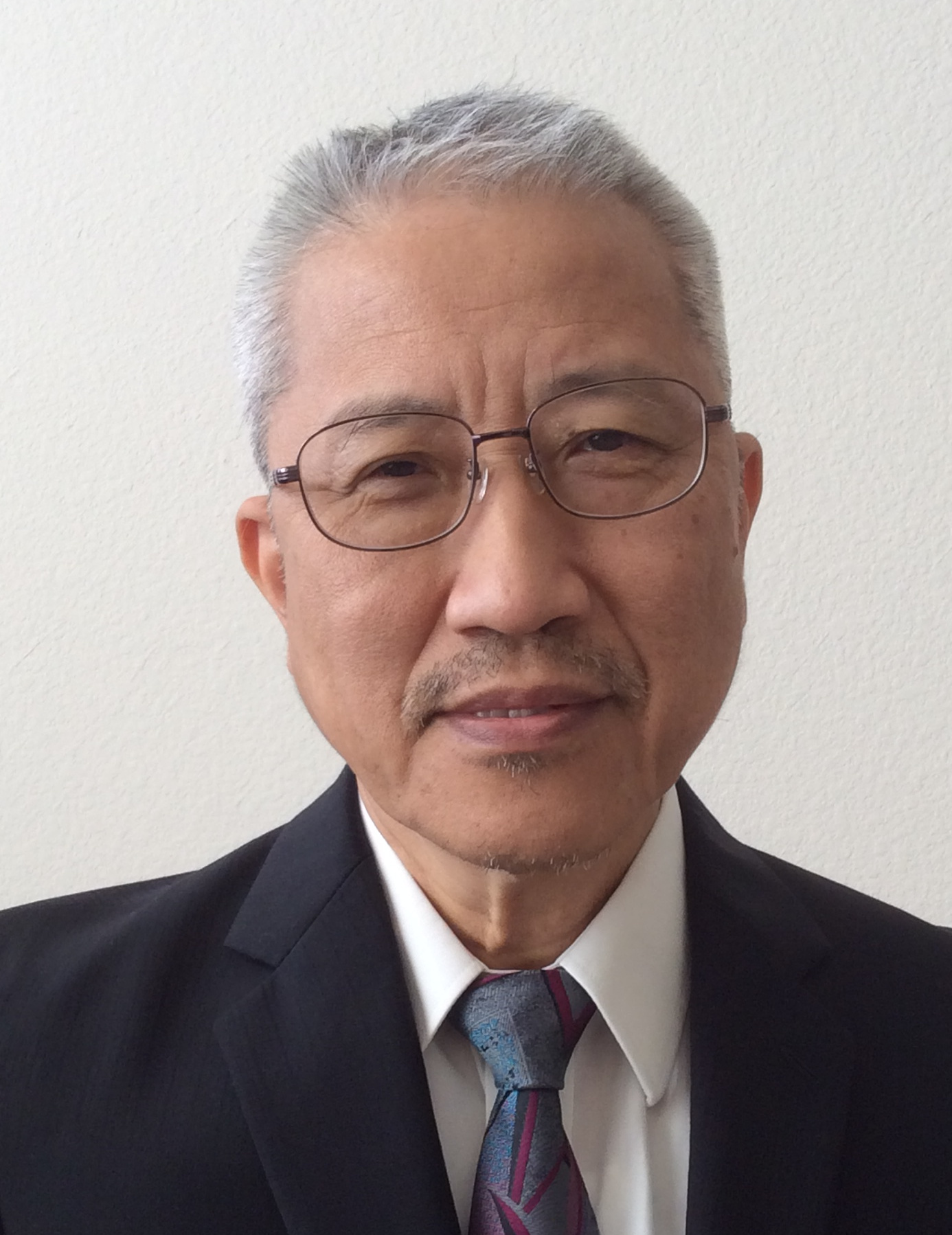
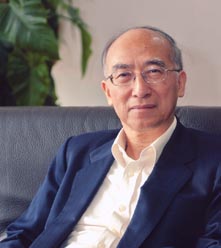
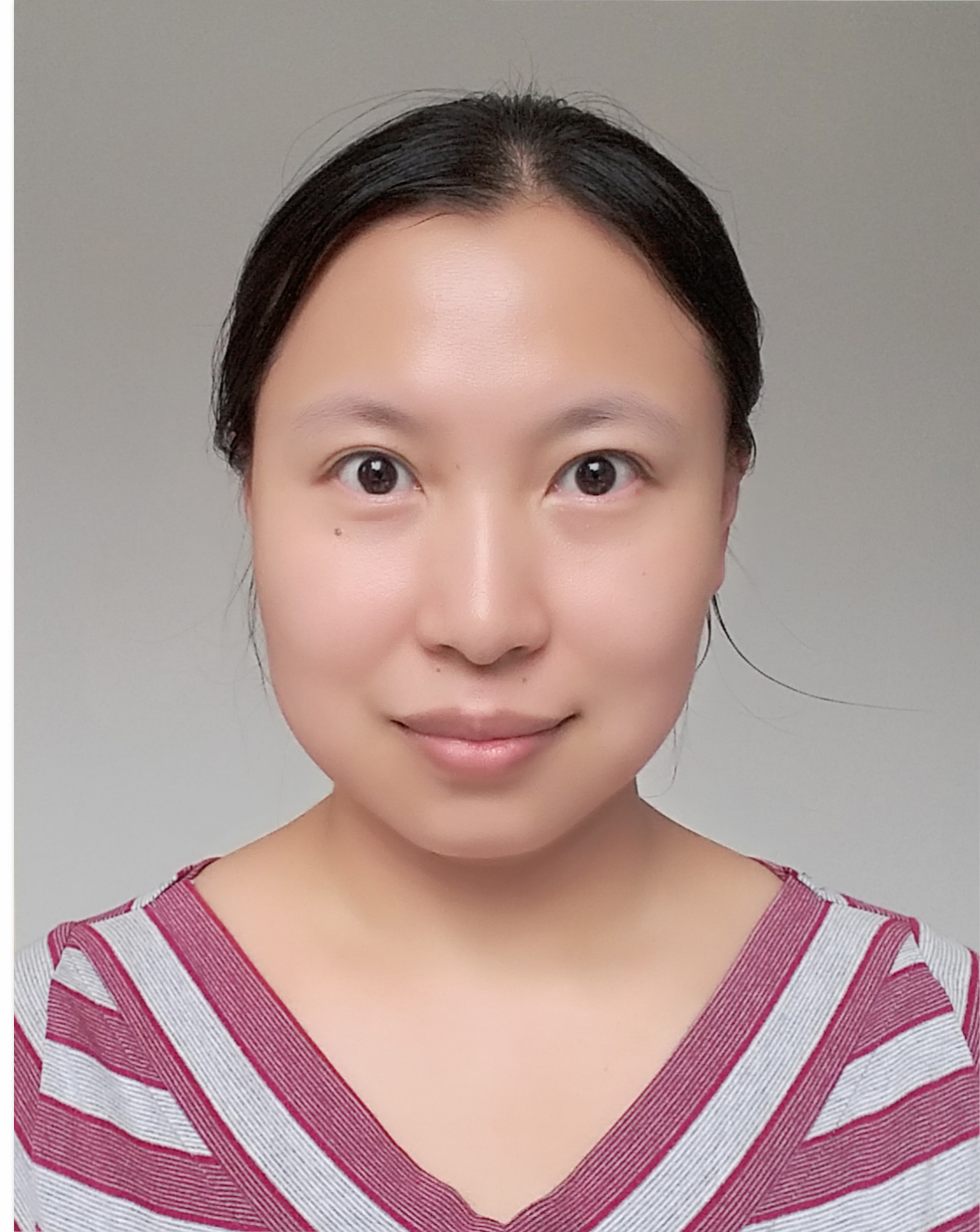
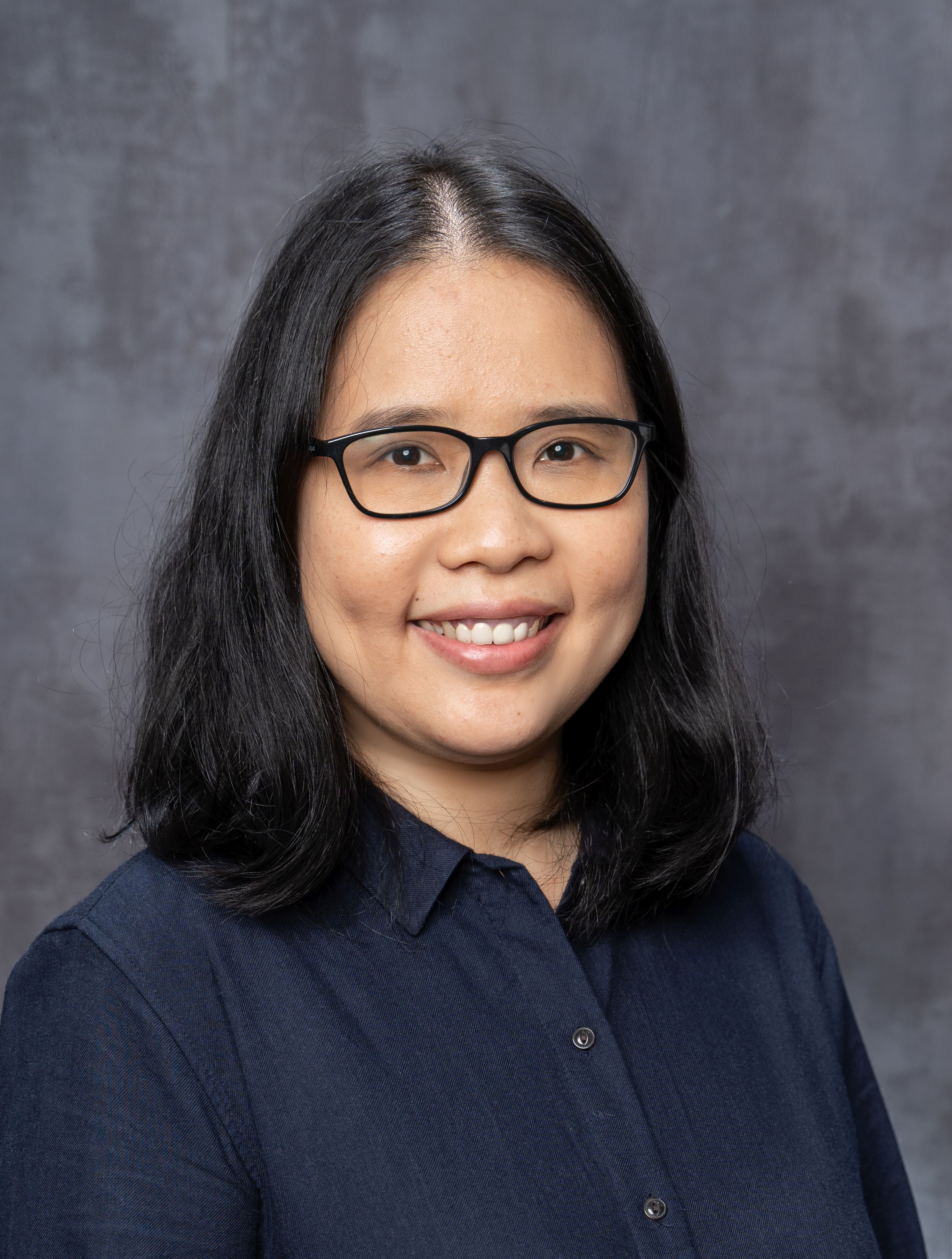
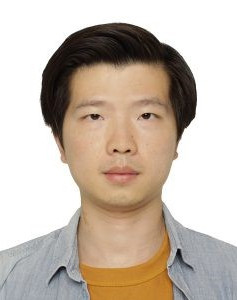
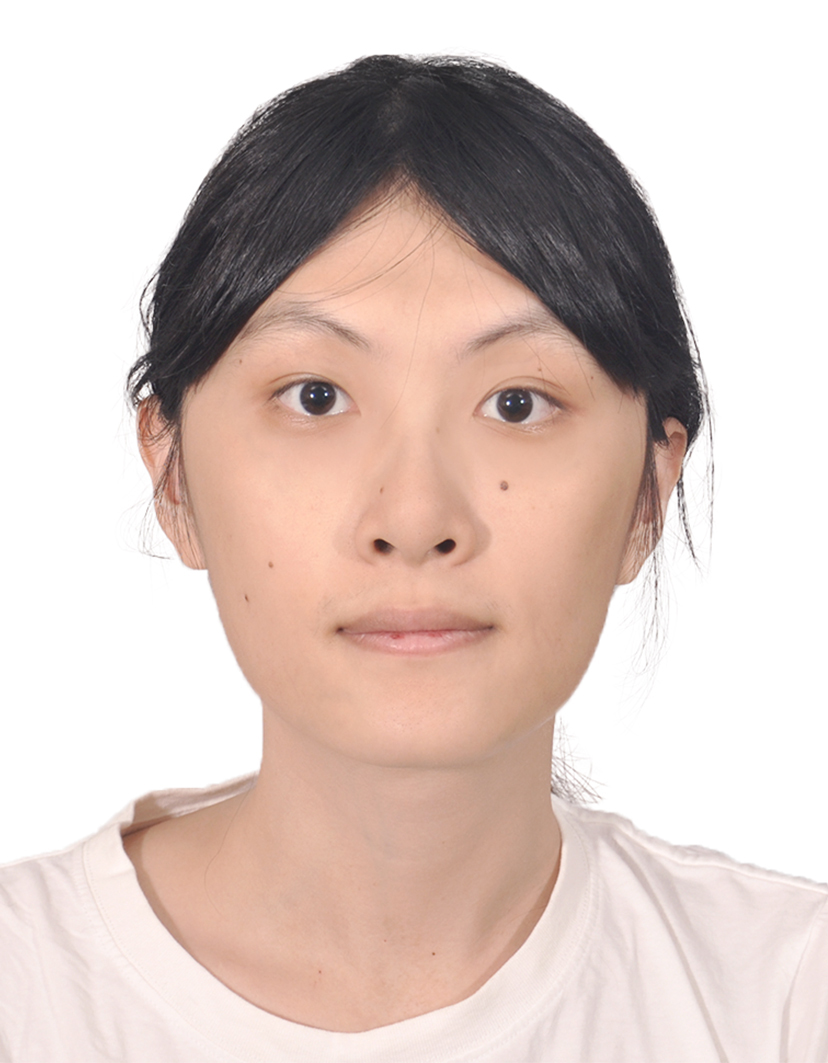

| Date and Time: | 9am-12, 1:30-6pm, Friday, 19 March 2021 9am-12, Saturday, 20 March 2021 |
| Venue: | virtual modes |
| Organized and Sponsored by: | IEEE Hong Kong Section, IEEE Hong Kong Life-Member Affinity Group, Caritas Institute of Higher Education, UGC/IDS(R)11/19, Hong Kong Polytechnic University |
| Co-Sponsors and Technical Co-Sponsors: | Asia Pacific Association on Signal and Information Processing (APSIPA), TeleEye Founders’ Charity Foundation Ltd |
| Organizers: | Prof. Wan-Chi Siu (PhD, Life-FIEEE), Prof. H. Anthony Chan (PhD, FIEEE), Dr. Paulina Chan (PhD, SrMIEEE, Chair of IEEE HK Section) |
| Fee | Free registration |
| Registration: | Please register online For limited quota, priority is given to members of sponsoring organization. Hence make Early Registration |
| Coordinator: | Ms Daisy Kwok, dkwok@cihe.edu.hk , CIHE |
| Enquiry: | CAPS office of CIHE at 3653 6700 |
| file | Download this announcement. |
Session Chair: Prof. Wan-Chi Siu, PhD, DIC, Life-FIEEE
Opening Speech: Dr. Paulina Y. Chan, PhD, DIC, MBA, SrMIEEE, Chair of IEEE Hong Kong Section (3 minutes)
Deep Learning Baseline Model Design with sample application to Super-Resolution Imaging
Prof. Wan-Chi Siu, PhD, DIC, Life-FIEEE, Distinguished Lecturer APSIPA
Emeritus Professor, Hong Kong Polytechnic University & Research Professor CIHE
How to get Clear Vision in the Rain and Haze Environment using Deep Learning?
Dr. Lap-Pui Chau, PhD, FIEEE
Associate Professor, Nanyang Technological University, Singapore
Session Chair: Dr. Paulina Chan, PhD, DIC, SrMEEE, Chair IEEE Hong Kong Section
Few-Shot Learning, APSIPA Distinguished Lecturer
Prof. Changshui Zhang, PhD, FIEEE
Professor, Tsinghua University
Edge Learning for Distributed Big Data Analytics: Theory, Algorithm and System Design
Speaker: Prof. Song Guo, PhD, FIEEE,
Professor, Computing, The Hong Kong Polytechnic University
Computational and Learning Aspects of DNA Sequences
Dr. Bonnie NF Law, PhD, SrMIEEE
Associate Professor, Hong Kong Polytechnic University
Session Chair: Prof. H. Anthony Chan, PhD, FIEEE
Deep Learning for Computational Manga
Prof. Wong, Tien-Tsin, PhD, FHKIE, MIEEE
Professor, CS & Eng, The Chinese University of Hong Kong
Deep Learning for Speaker Recognition
Prof. Man-Wai Mak, PhD, SrMIEEE,
Professor, EIE, Hong Kong Polytechnic University
Hong Kong is aspiring to become one of the smart cities in the world. An indispensable part of this development relies on the smart use of computer and information technology (CIT). In the recent years, machine learning with deep learning has achieved drastic achievements for segmentation, pattern recognition, classification, forecasting, .. which are extremely useful for applications such as robotic, imaging, video analytic, surveillance, autonomous vehicle, medical diagnosis, DNA identification, big data, business analysis, finance forecasting, etc. This progress relies on the great advancement of computer architecture and graphic cards which allow heavy learning and the development of various deep learning architectures and system structures. This is a Workshop on Continuing Education. Its objective is to refresh/update attendees' knowledge on machine learning, in particular deep learning. The attendees are assumed to have some basic knowledge on machine learning, and the background in Electronic and Electrical Engineering, Information, Computer Science, System Engineering, Data Science, Science or Medical Science.


Dr Paulina Chan is Chair of IEEE Hong Kong Section (2020 and 2021), General Chair of IEEE TENCON 2022, the Founding Chair of Imperial Women in World DSP and she was Chair of IEEE Hong Kong WIE (2019). Dr Chan is also a Chartered Manager (CMgr), CMI Companion (CCMI), Trustee on the Board of Governors of the Chartered Management Institute (UK) and Chair of the CMI Regional Board in Hong Kong.
Paulina is Principal and CEO of Global Mutual Innovation Consortium- a think-tank of multidisciplinary professionals and start-ups in multiple countries focusing on the translation and applications of novel technologies in STEM and Tech-Biz Intelligence into products and services, such as mobile communications network, Artificial Intelligence and Big Data, Smart Cities and Smart Buildings, green energies, and forward-looking health-tech and ed-tech. Over the years, more than ten angel network collaborations and cloud funding entrepreneur ventures have been set up in various EU member states, Hong Kong, and China.
Dr Chan was in senior management in AT&T/Lucent Technologies in the US, Exxon/Mobil Corporation in New York, ICO Global Communications London and Beijing, and EU for Hungary.
As the Founding Champion of Imperial College London Mentoring Programme (2013-present), Dr Chan has contributed a lot of her time and energy to guide young scientists, technologists, engineers and managers-in-training to develop career paths and personal growth.


Wan-Chi Siu received the MPhil and PhD degrees from The Chinese University of Hong Kong in 1977 and Imperial College London in 1984. He is Life-Fellow of IEEE and Fellow of IET, and was Past President (2017-2018) of APSIPA (Asia-Pacific Signal and Information Processing Association). Prof. Siu is now Emeritus Professor of the Hong Kong Polytechnic University, Research Professor of Caritas Institute of Higher Education, and Distinguished Lecturer of APSIPA. He was Chair Professor, Founding Director of Signal Processing Research Centre, Head of Electronic and Information Engineering Department and Dean of Engineering Faculty of The Hong Kong Polytechnic University. He is an expert in DSP, transforms, fast algorithms, machine learning, and conventional and deep learning approaches for super-resolution imaging, 2D and 3D video coding, object recognition and tracking. He has published 500 research papers (over 200 appeared in international journal papers), and edited three books. He has also 9 recent patents granted. Prof. Siu was an independent non-executive director (2000-2015) of a publicly-listed video surveillance company and convenor of the First Engineering/IT Panel of the RAE(1992/93) in Hong Kong. He is an outstanding scholar, with many awards, including the Best Teacher Award, the Best Faculty Researcher Award (twice) and IEEE Third Millennium Medal (2000). Prof. Siu has been Guest Editor/Subject Editor/AE for IEEE Transactions on Circuits and System II, Image Processing, Circuit & System for Video Technology, and Electronics Letters, and organized very successfully over 20 international conferences including IEEE society-sponsored flagship conferences, including as TPC Chair of ISCAS1997 and General Chair of ICASSP2003 and General Chair of ICIP2010. He was Vice-President, Chair of Conference Board and Core Member of Board of Governors (2012-2014) of the IEEE Signal Processing Society, and has been a member of the IEEE Educational Activities Board, IEEE Fourier Award for Signal Processing Committee (2017-2020) and some other IEEE Technical Committees

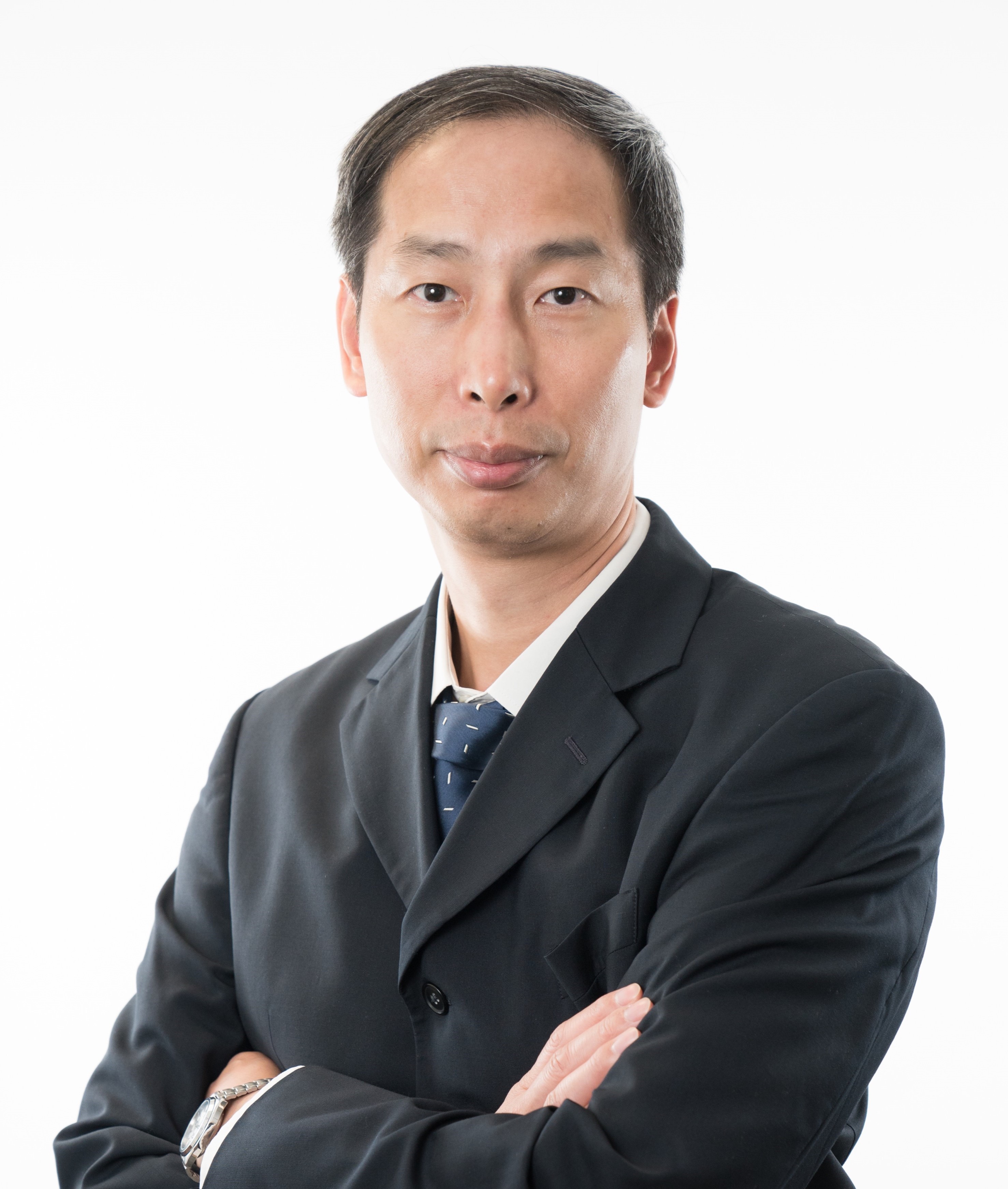
Dr. Lap-Pui Chau works in School of Electrical and Electronic Engineering, Nanyang Technological University. He was the Chair of Technical Committee on Circuits & Systems for Communications (TC-CASC) of IEEE Circuits and Systems Society from 2010 to 2012. He served as associate editors for five IEEE journals. Besides, he was an IEEE Distinguished Lecturer for 2009-2016.

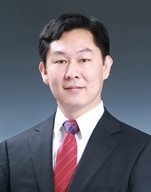
Changshui Zhang (Fellow, IEEE) received the B.S. degree in mathematics from Peking University, Beijing, China, in 1986, and the M.S. and Ph.D. degrees in control science and engineering from Tsinghua University, Beijing, in 1989 and 1992, respectively. He joined the faculty of Department of Automation at Tsinghua University in 1992, where he is currently a Professor. His current research interests include pattern recognition, machine learning and computer vision. Prof. Zhang has authored more than 200 articles. He received Best Short Paper Award from the 2016 IEEE International Conference on Healthcare Informatics (ICHI), and the 2013 National Teaching Achievement Award, the highest national award for excellence in teaching in China. He served as a Standing Council member of the Chinese Association of Artificial Intelligence, General Co-Chair for 2017 IEEE Signal and Data Science Forum (SIDAS) that was technical co-sponsored by APSIPA, and a Member of the inaugural IEEE SigPort Board and Student Services Committee of IEEE Signal Processing Society. He has served on the Technical Program Committees of ICIP, NIPS, ICML, ACM SIGKDD, among others, and currently an Associate Editor of the IEEE Transactions on Pattern Analysis and Machine Intelligence. He was elected IEEE Fellow for his contributions to machine learning and signal processing.

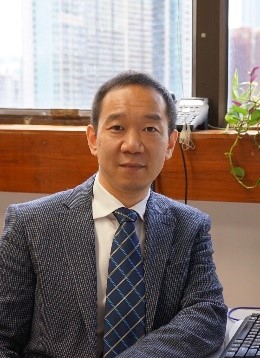
Song Guo is a Full Professor in the Department of Computing at The Hong Kong Polytechnic University. He also holds a Changjiang Chair Professorship awarded by the Ministry of Education of China. His research interests are mainly in the areas of big data, edge AI, mobile computing, and distributed systems. He has published over 500 papers in major journals and conferences and been recognized as a Highly Cited Researcher (Web of Science). He is the recipient of over 12 Best Paper Awards from IEEE/ACM conferences, journals and technical committees. He is the Editor-in-Chief of IEEE Open Journal of the Computer Society and the Chair of IEEE Communications Society (ComSoc) Space and Satellite Communications Technical Committee. He has served on IEEE ComSoc Board of Governors, IEEE Computer Society on Fellow Evaluation Committee, and editorial board of a number of prestigious international journals like IEEE Transactions on Parallel and Distributed Systems, IEEE Transactions on Cloud Computing, IEEE Internet of Things Journal, etc. He has also served as chair of organizing and technical committees of many international conferences. Prof. Guo is an IEEE Fellow and an ACM Distinguished Member.

A DNA sequence is an extremely long sequence containing every living organism's genetic composition on this planet. DNAs have fast been accumulated and the sizes of databases storing them expanded significantly in recent years. From 1982 to now, the number of nucleotide bases in GenBank was doubled approximately every 1.5 years. It is thus essential to develop effective techniques to study DNA sequences.
The sequencing technologies allow DNA to be represented as a long chain composing of four nucleotide bases: Adenine, Cytosine, Guanine and Thym ine. Computational methods can be useful for extracting knowledge from this character sequence. For example, the gene region in a DNA sequence is often linked to our physical traits. Its length is not fixed and varies from species to species. It can also appear at different parts of a DNA sequence. A critical problem in DNA analysis is to identify their exact location. Various computational methods have been developed for gene location detection using features such as position asymmetry and three-periodicity property. To improve the detection accuracy, a learning approach has been developed. In particular, features from DNA sequences are extracted and fed into the learning algorithm so that the learned model can identify the gene location. Recently, deep models such as convolutional neural networks have been proposed for gene location detection.
In this talk, an up-to-date account of recent research done in DNA sequence analysis is given. We will highlight the principles and results of different learning-based methods, including traditional machine learning-based methods and the recent deep learning methods. The talk will be beneficial to individuals interested in DNA compression and general signal processing researchers who many want to know more about DNA compression methods.

Bonnie N.F. Law received the BEng (Hons) degree with first-class honors from the University of Auckland, New Zealand in 1993 and the Ph.D. degree from the University of Tasmania, Australia in 1997. Her research interests include image forensics, machine learning, and image/signal processing. Dr. Law has published over 80 research papers, 40 of which appeared in international journals, such as IEEE Transactions on Image Processing and Pattern Recognition. She has also extended her study into various new applications, such as in information security and bioinformatics. The former includes source camera identification, network traffic anomaly detection, malware and phishing detection. The latter involves works on gene expression and DNA sequence analysis.

With the wide popularity of portable devices, youngsters are moving away from reading paper-based manga to digital manga on tablet, from static manga to Powerpoint-style animated manga, and from traditional 2D anime to stereoscopic anime. All these changes raise a lot of technical problems on how to process legacy manga and anime, in order to be digitally presented in a modern form.
In this talk, I will present how deep learning can be applied to manga industry for higher productivity and efficiency. We start with early handcrafted methods for solving manga colorization and manga screening. But handcrafted methods usually suffer from instability due to the noisy and ambiguous input which is common in hand drawing. To raise the reliability of the method, we designed various deep learning models in solving multiple computational manga problems. In particular, I will discuss a case study on how deep learning can be applied for manga localization. While black-and-white manga is popular among Japan and Asian region, color manga is more common for western countries. However, the conversion between color and B/W manga/comic is never trivial, and hence such localization is done by hand currently in the industry. I will present multiple deep-learning methods to tackle this challenging goal.
As an example, the first step to convert B/W manga to color comic is to extract the structural lines from pattern-rich manga. Unfortunately, it is very challenging to distinguish structural lines from arbitrary, highly structured, and black-and-white screen patterns. We developed a novel learning-based approach to identify structural lines out of pattern-rich manga, without any assumption on the patterns. A deep convolutional neural network model is designed to handle the large variety of screen patterns and raise the output accuracy. Instead of preparing training data by manual tracing, we synthesize a rich set of training data pairs. The system outputs clear and smooth structural lines even if these lines are contaminated by and immersed in complex patterns and substantially outperforms state-of-the-art methods in terms of visual quality. This research is an interesting demonstration on the effectiveness of learning-based method for solving hard problems in computational manga. More applications of deep learning will be presented in this talk. We believe that more long-time open problems in computational manga will be solved in a substantial degree in the coming years.

Tien-Tsin Wong is known with his pioneer works in Computational Manga, Image-based Relighting, Ambient Occlusion (Dust Accumulation Simulation), Sphere Maps, and GPGPU for Evolutionary Computing. He graduated from the Chinese University of Hong Kong in 1992 with a B.Sc. degree in Computer Science. He obtained his M.Phil. and Ph.D. degrees in Computer Science from the same university in 1994 and 1998 respectively. He was with HKUST in 1998. In August 1999, he joined the Computer Science & Engineering Department of the Chinese University of Hong Kong. He is currently a Professor. He is also the director of Digital Visual Entertainment Laboratory at CUHK Shenzhen Research Institute (CUSZRI). He is an ACM Senior Member and a HKIE Fellow. He received the IEEE Transactions on Multimedia Prize Paper Award 2005 and the Young Researcher Award 2004. He was the Academic Committee of Microsoft Digital Cartoon and Animation Laboratory in Beijing Film Academy, visiting professor in both South China University of China and School of Computer Science and Technology at Tianjin University. He has actively involved (as Program Committee) in several international prestigious conferences, including SIGGRAPH Asia (2009, 2010, 2012, 2013, 2018, 2019) and SIGGRAPH (2019, 2020), Eurographics (2007-2009, 2011, 2019), Pacific Graphics (2000-2005, 2007-2020), ACM I3D (2010-2013), ICCV 2009, and IEEE Virtual Reality 2011. His main research interests include computer graphics, computer vision, computational manga, machine learning for graphics, computational perception, precomputed lighting, image-based rendering, GPU techniques, medical visualization, and multimedia compression. More information about him can be found at http://www.cse.cuhk.edu.hk/~ttwong/

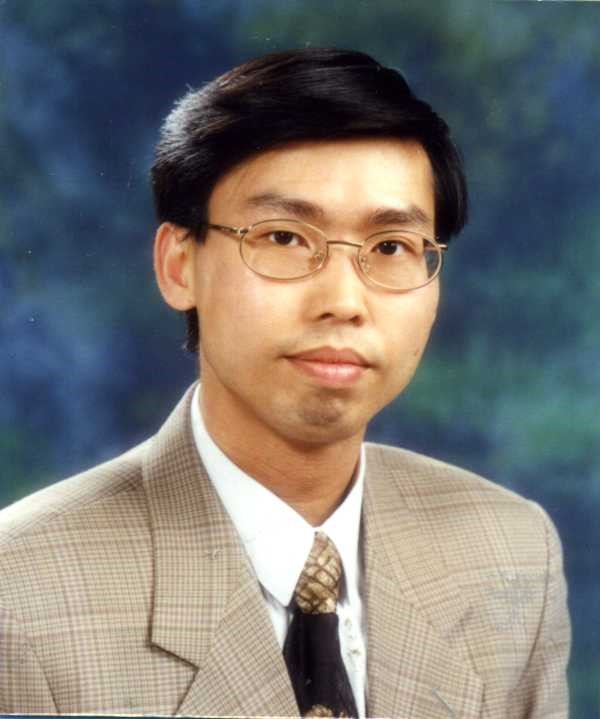
Man-Wai MAK is currently a Professor in the Department of Electronic and Information Engineering, the Hong Kong Polytechnic University. He has authored more than 200 technical articles and three books in speaker recognition, machine learning, and bioinformatics. Dr. Mak co-authored postgraduate textbooks Biometric Authentication: A Machine Learning Approach, Prentice-Hall, 2005, and Machine Learning for Speaker Recognition, Cambridge University Press, 2020. He served as a member of the IEEE Machine Learning for Signal Processing Technical Committee in 2005--2007. He has served as an associate editor of IEEE/ACM Transactions on Audio, Speech and Language Processing. He is currently an associate editor of Journal of Signal Processing Systems and IEEE Biometrics Compendium. He also served as Technical Committee Members of ICASSP, Area Chair of Interspeech, and Technical Co-chair of ISCSLP'18 and ISCSLP'21. Dr. Mak's recent research interests include speaker recognition, speaker diarization, emotion recognition, and ECG classification.

2 Chui Ling Lane, Tseung Kwan O, N.T., HK
Take subway (or bus) to Tiu Keng Leng subway station 調景嶺地鐵站.
Take exit B to enter into shopping mall.
Take escalator to go up and walk inside the mall following the
sign towards: Shin Ming Estate 善明邨。
The "Shin Ming Estate" sign will lead you go up another escalator
and then exit from the mall.
CIHE is the first building on the left after you exit from the
mall.
The offices of the academic staff in the School of Computing and Information Sciences are on the A8 level.